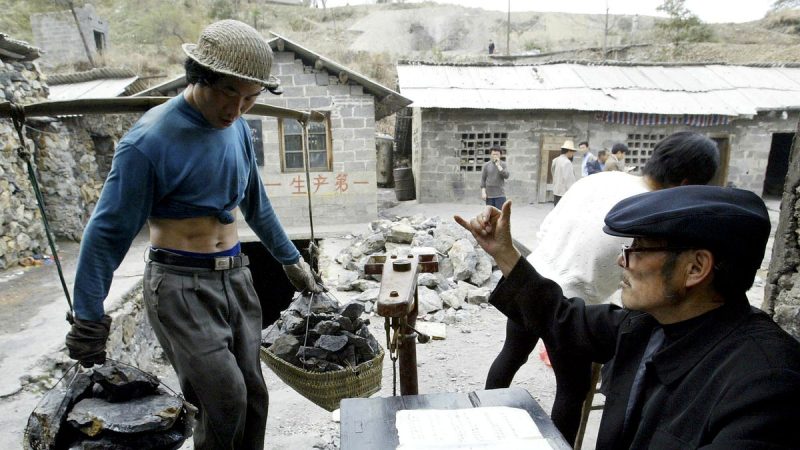
China’s Tightened Grip on Key Mineral Exports Vital for US Weapons Production
China’s recent decision to impose new restrictions on the export of minerals critical to US weapons making has ignited concerns and sparked debates regarding the implications for global supply chains and geopolitical dynamics. The minerals in question, which include rare earth elements such as neodymium, dysprosium, and terbium, are essential components in the production of advanced defense technologies, ranging from missiles and aircraft to electronic systems and naval equipment.
This move by China can be seen as a strategic maneuver to assert control over the global supply of key minerals and potentially disrupt the US defense industry. As the world’s largest producer of rare earth elements, China holds significant leverage in dictating the availability and pricing of these crucial resources. By imposing export restrictions, China could effectively limit the supply of these minerals to the US and other countries reliant on them for defense manufacturing.
The implications of China’s export restrictions on critical minerals extend beyond the sphere of defense technology. These minerals also play a vital role in the production of consumer electronics, renewable energy technologies, and electric vehicles, highlighting their importance in driving innovation and economic growth worldwide. As such, any disruptions in the supply chain of these minerals could have far-reaching consequences for various industries and global markets.
The US, in response to China’s actions, may seek to diversify its sources of critical minerals and reduce its dependence on Chinese imports. This could involve ramping up domestic production, exploring alternative supply chains, and fostering international partnerships with other mineral-rich countries to ensure a stable and secure supply of key resources. Additionally, the US might also consider investing in research and development efforts to identify substitutes for rare earth elements and develop sustainable recycling solutions to mitigate the impact of any potential supply disruptions.
Furthermore, the situation underscores the need for greater coordination and cooperation among countries to address challenges related to the security and sustainability of critical mineral supply chains. Establishing transparent trading mechanisms, promoting responsible sourcing practices, and fostering innovation in mineral extraction and processing technologies are essential steps towards ensuring a more resilient and resilient global supply chain for critical minerals.
In conclusion, China’s imposition of new restrictions on the export of minerals critical to US weapons making serves as a wake-up call for policymakers, industry stakeholders, and the international community to recognize the vulnerabilities and complexities inherent in global supply chains. Addressing these challenges requires a concerted effort to enhance transparency, diversify supply sources, and promote sustainable practices in the extraction and utilization of critical minerals. By working together towards these goals, countries can build a more robust and resilient foundation for the future of technology, security, and economic development.